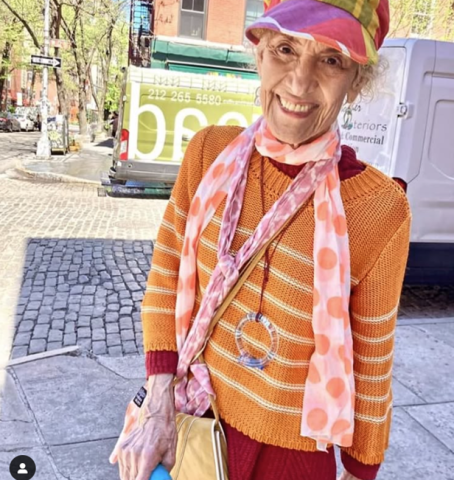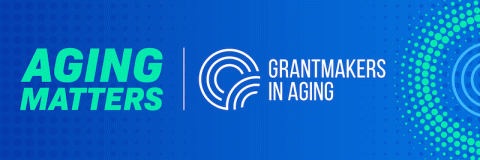Cousin Jane's Greatest Fear
Several years ago, I connected with an older relative via Ancestry.com. If you regularly read this newsletter and have a freakishly sharp memory (or just find me incredibly memorable, so thanks!), you may recall references to Cousin Jane. Her grandmother and my great-grandmother were estranged sisters so we’re some kind of numbered and removed cousins.

Approaching 80, Jane was a free spirit, still occasionally working as a New York City tour guide when she wasn’t painting, writing, and acting. She had a unique sense of style and was always dressed in the most vibrant colors. She was wacky and brutally honest about her opinions and feelings.
When I arrived five minutes late for our first lunch, she informed me that I had broken our social compact. I apologized profusely for my tardiness, which caused Jane to apologize profusely for her overreaction, and we ate.
The second time I met Jane was at her apartment, a veritable gallery of her paintings and family artifacts on the third floor of a walkup building. (See a video of Jane here.) As she toured me around her one-bedroom, where she lived alone, she explained that in her 30s, she had made a very big mistake. At the time, she hadn’t realized how big it was, but now, in later life, it was causing her intense distress and anxiety.
Jane’s mistake was giving up a rent stabilized apartment. Back then she had wanted more space, but now her market-rate rent and health care expenditures were rapidly increasing while her income and savings were rapidly decreasing. Jane’s biggest fear was that she was going to outlive her savings and have to “live at the Salvation Army.”
I could offer Jane no comfort. Her fears were real. Across the country, half of older single women do not have enough money to meet their basic needs, and older people are the fastest growing homeless population. (Listen to powerful stories of aging into poverty in the Nashville Public Television documentary Women Unseen.)
New York City is a particularly expensive city to age in, with a waiting list of over 200,000 people for affordable senior housing (at least the last time I checked). This is only projected to increase as more and more people age into poverty. In Japan, the country with the largest population over 65, some women are reportedly committing crimes because prison offers stable housing, access to healthcare, and food security.
About six months ago, I learned that Jane had unexpectedly died. She fell and, while hospitalized, caught pneumonia. Jane’s savings had, in fact, outlived her. She would never have to experience her greatest fear.
Without access to federally funded affordable housing and critical services such as meals, home care, and falls prevention, delivered by mission-driven nonprofits, longevity becomes a curse and death a blessing. Our federal programs are far from perfect, but they provide a strong foundation upon which we can build. We owe that to our older friends, family members, and our older selves.
Rest Peacefully, Jane.
